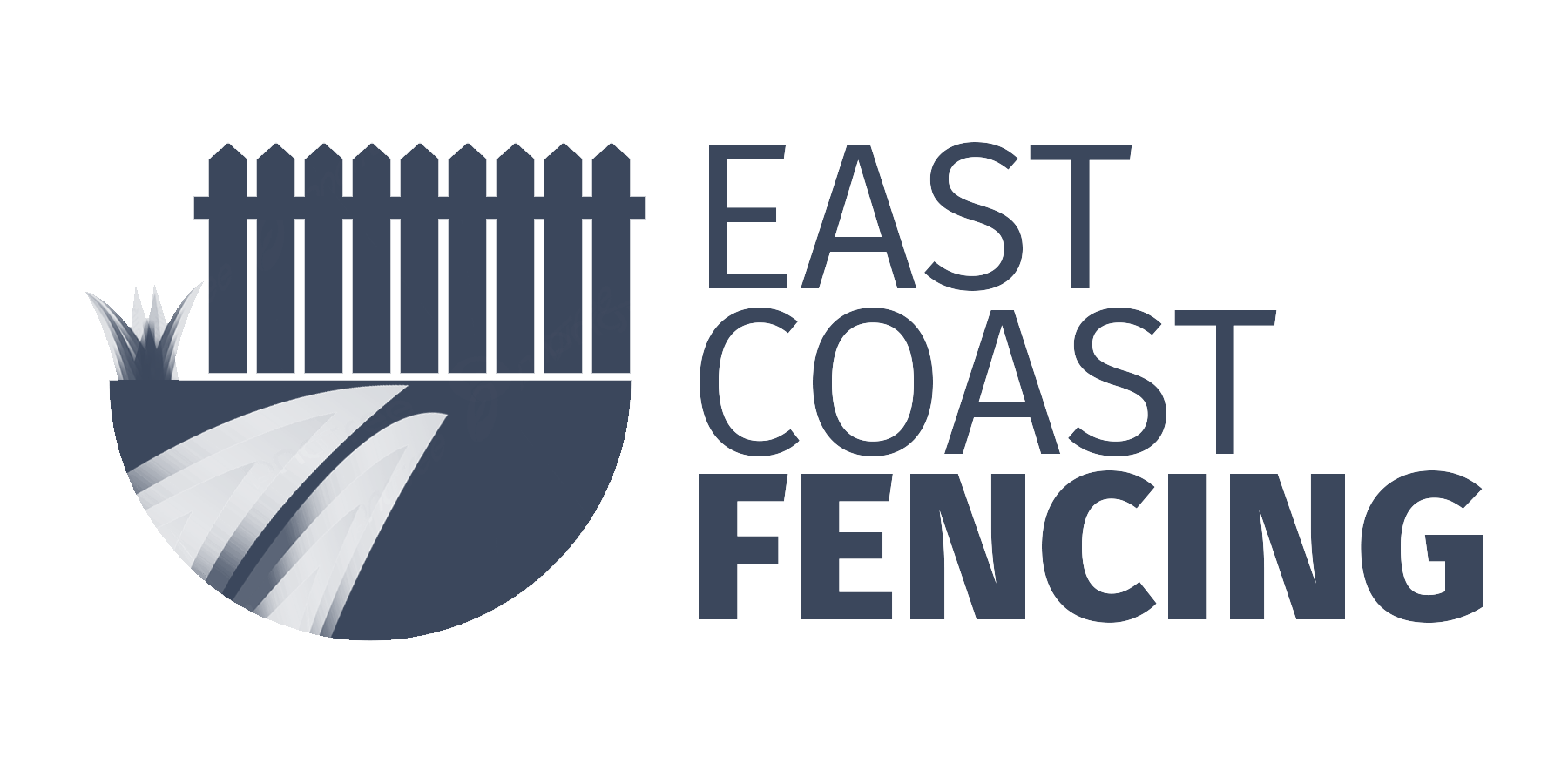Your Cart
x
0 item(s) - £0.00
0
Your shopping cart is empty!
Shop Popular Categories
Quality Fencing Supplies
East Coast Fencing has built an excellent reputation as a leading supplier of fence panels and fence posts, with a strong emphasis on superior quality. Our commitment to exceptional customer service is evident in every interaction, ensuring that each customer finds the perfect solution to meet their specific needs.
Our product range is extensive, encompassing fence panels, fence posts, gravel boards, trellis, railway sleepers, garden gates, and wooden decking.
Order in a Click
Order online via our SSL secure and easy to use website 24/7
Delivery Scheduled
Our team will pick up your order and schedule your delivery
Out For Delivery
Our in-house delivery fleet will deliver your order on your scheduled date
5 Star Rated
10,500+ reviews on TrustPilot proudly rating us as Excellent






